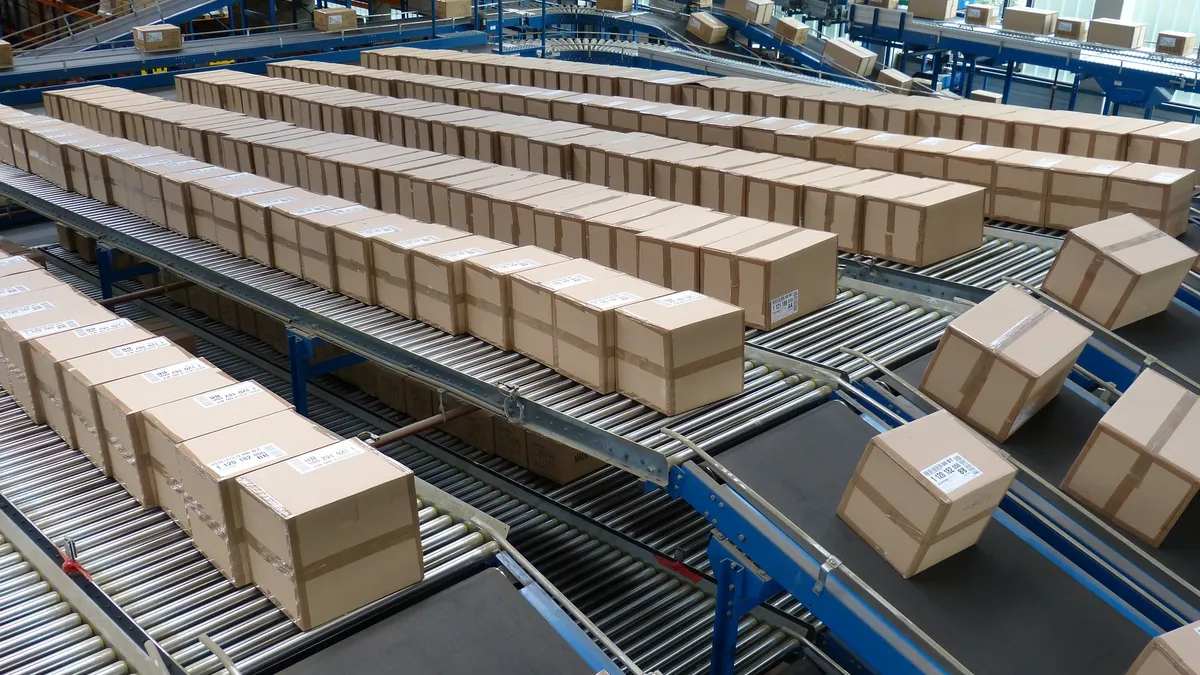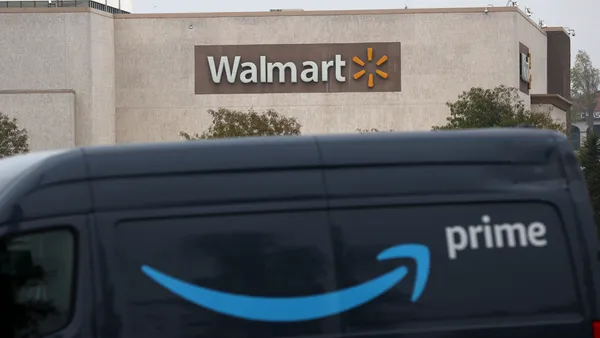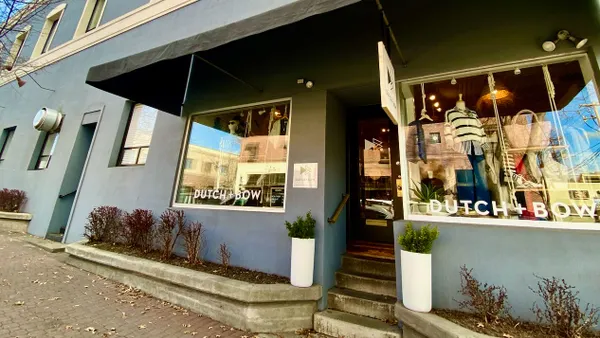Dive Brief:
-
A great majority (88%) of shoppers want to be able to return a purchase to a physical store or through a pre-paid shipping method, and even more (95%) say that how smooth the process is influences whether they'll buy from a retailer again, according to the latest biennial holiday shopping survey from cloud-based supply chain solutions firm Voxware.
-
The process is not smooth at many retailers, especially for purchases made online, according to other research from post-purchase solutions company Narvar, which found that 77% of consumers want an easier solution to return packages. Nearly three quarters (73%) say that making a return is their least favorite part of shopping online, according to a report from return solutions firm Happy Returns, emailed to Retail Dive.
-
Anxiety about the process, however, isn't keeping shoppers from making returns. Some $350 billion of goods was returned last year, and that could reach $550 billion by 2020, according to Happy Returns. It's going to be a busy January: Nearly half of holiday shoppers (48%) make returns the week after, and 46% do so within a month, according to research from returns optimization platform Optoro emailed to Retail Dive.
Dive Insight:
Much of the research around returns comes from companies that handle the reverse logistics of that process, and the proliferation of such businesses demonstrates what a growing problem it is for retailers.
The rise of returns is clearly a product of the increase in e-commerce sales, which is outpacing overall growth; U.S. e-commerce sales growth made up 46% of 2017's total retail sales growth, an increase of 15 percentage points since 2014, according to FTI Consulting. E-commerce return rates are three to four times higher than rates for brick-and-mortar stores, according to Happy Returns.
Many shoppers (41%) often make large online orders with an intention to return at least some items, after they've had a chance to try things out, Narvar found once again this year, and that's especially true of apparel. They want pre-paid labels to easily return through the mail, which most employ for returns (74% mail their returns back, and of that percentage, 63% use the U.S. Post Office, United Parcel Service or FedEx), although shoppers really want to return to a store, (13% do now and 40% think returning in stores is easier), Narvar also found.
The logistics companies conducting all this research are selling retailers on their platforms and processes, but they do have a point — as the returns process increasingly becomes a normal aspect of shopping for more people, it's an opportunity to gain or lose loyalty. More than half (55%) of consumers surveyed say they've written off future purchases at a given retailer based solely on an inflexible return policy, but 86% have made another purchase during a product return at least once during the past year, according to Optoro.















